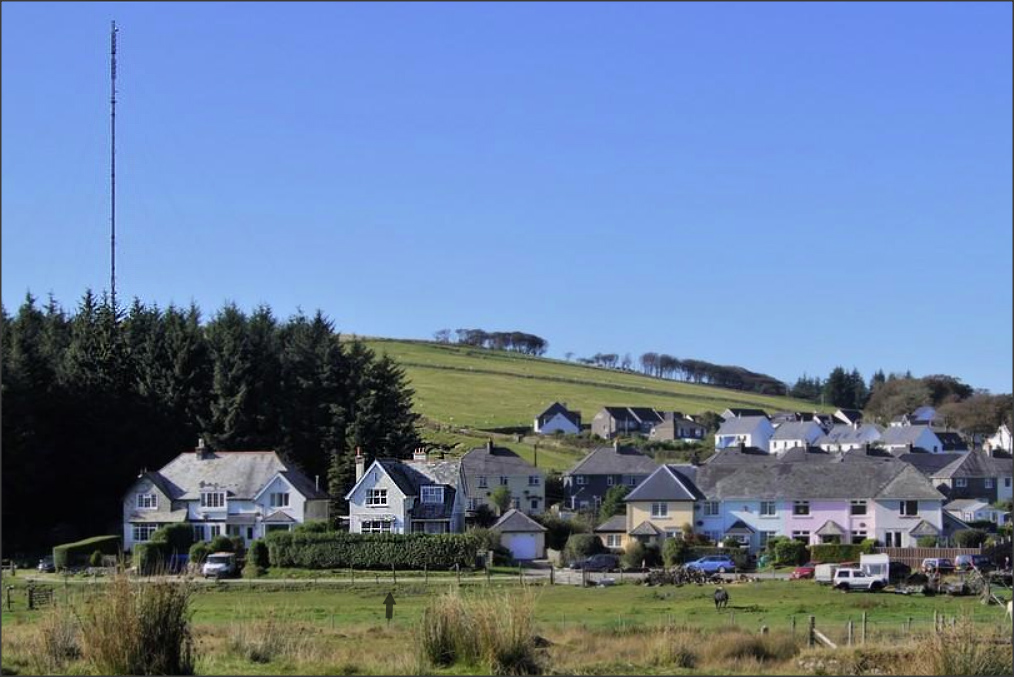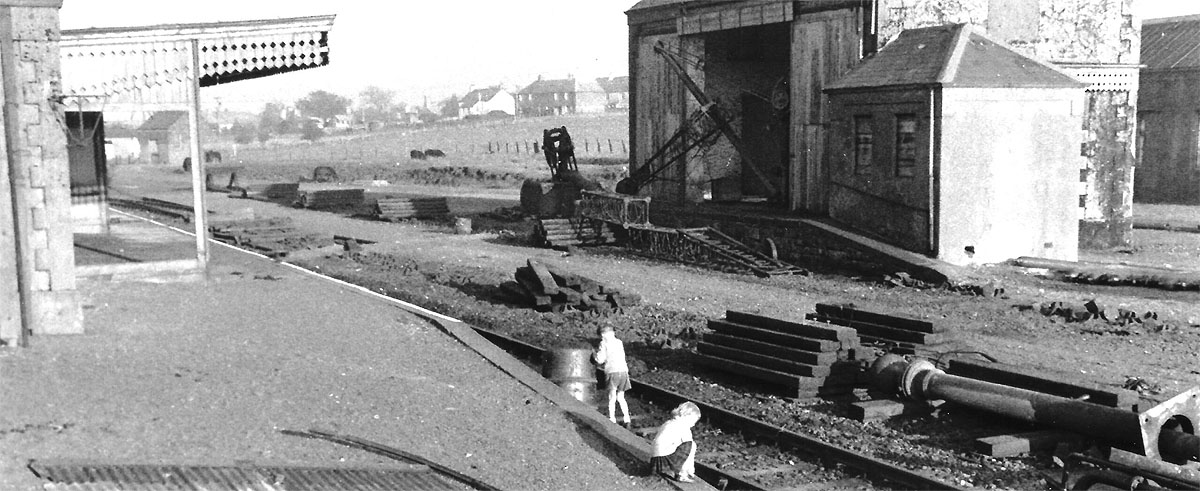I was born in Bridport, Dorset, just across the border from Devon, where my family’s roots run deep, stretching back through many generations. My father, a true Devonian, was working with the BBC in Dorset at the time of my birth. In 1957, when I was just three years old, we returned to our beloved Devon. It was a homecoming of sorts for my Dad and the start of my own lifelong connection to the county.
I grew up in West Devon, where I went to school, spent my formative years, and later worked for many years. Devon isn’t just a place on the map for me; it’s woven into my very identity. It’s in the landscape I know so well, the rolling moors and rugged coastline and in the heritage that flows through my veins.
Although I’ve spent much of my life away from Devon, living in London for extended periods, the West Country has always been my true home. No matter where I’ve lived, Devon has always called me back, grounding me with its familiar landscape and a sense of belonging that never fades.
 Princetown on Dartmoor in Devon. We lived near the former branch railway in the Stationmaster’s House between 1957-1962. The somewhat truncated mast is the BBC North Hessary Tor television and radio transmitter where my late father (Alec Ian Waugh) worked. Dad had joined the BBC, aged 17, in January 1944. He commenced his career at Start Point, South Devon, transmitting the BBC European Service to the German occupied continent. My notes regarding North Hessary Tor are here. We moved to nearby Tavistock just before the infamous winter of 1962/63.
Princetown on Dartmoor in Devon. We lived near the former branch railway in the Stationmaster’s House between 1957-1962. The somewhat truncated mast is the BBC North Hessary Tor television and radio transmitter where my late father (Alec Ian Waugh) worked. Dad had joined the BBC, aged 17, in January 1944. He commenced his career at Start Point, South Devon, transmitting the BBC European Service to the German occupied continent. My notes regarding North Hessary Tor are here. We moved to nearby Tavistock just before the infamous winter of 1962/63.
Station Road, Princetown before 1930 paints a picturesque scene, with the 35-year-old station master’s house standing proudly alongside an active railway station. The Princetown branch service, a lifeline for the community since its opening in 1883, had sadly met its end in 1956, leaving behind echoes of a bygone era.
As GWR personnel moved out, my parents and I seized the opportunity to make the station master’s house our home. While the tracks of England’s most beautiful railway were ripped up, we breathed life into the old station master’s house.
The former station buildings were demolished in 1960. Between 1957 and the demolition, the dilapidated railway station stood as a haunting yet enticing playground for us kids, as this recently discovered photograph vividly portrays. Amongst the rubble and overgrown tracks, we found our own world of adventure, a place where imagination ran wild amidst the echoes of bygone locomotives. Climbing through broken windows and exploring darkened passageways, each step was a thrill tinged with just the right amount of danger to make it exhilarating. In that forgotten corner of Dartmoor, we carved out memories that would last a lifetime, unaware of the historical significance that lay beneath our feet.
Read more of my Princetown Railway research here.


